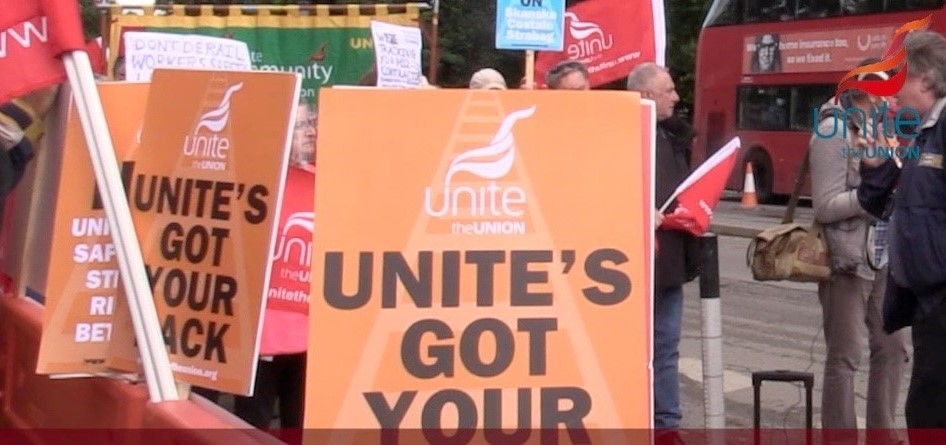Manchester Mears breakthrough?
There are cautious hopes that the long-running strike action involving housing maintenance workers employed by Mears in Manchester could be moving towards a conclusion.
The 180 members of Unite began a programme of 49 days of strikes in November, and scheduled to run until February 2018.
The workers had already taken 40 days of strike this year in a dispute over pay differentials which results in workers at Mears and Manchester Working (a joint venture company operated by Mears) being paid up to ÂŁ3,500 less for the same work.
The workforce undertakes maintenance work on 12,000 properties managed by Northwards housing association, although the contract is tendered by Manchester council.
Last week Unite held talks with Mears chief executive David Miles which the union described as â€positive’. Both sides agreed draft guidelines which could lead to an end to the dispute. However, for an agreement to be made Manchester council will have to play an active part and provide further guarantees.
While the talks continue and proposals are developed the strikes will continue. Currently the workforce is taking four days of strike action each week.
Unite regional co-ordinating officer Andy Fisher said, “This is a long-running dispute where our members have shown incredible unity and dedication.
“Initial positive talks were held with Mears last week and we hope that those discussions will form the basis of a satisfactory agreement that will finally end this dispute.
“The onus is now on Manchester council to show that it too wants to see an end to the dispute and to provide the guarantees necessary for a deal to be made.
“While we have had positive talks, until a new offer is formalised and tabled, strikes will continue.”
The current industrial action is being taken as a result of Mears failure to meaningfully negotiate on pay and conditions; the detrimental treatment of workers during the previous dispute; attacks on workers’ holiday entitlement; allocation of work to sub-contractors, inappropriate allocation of work to apprentices; trainees and improvers and proposed unilateral changes to working hours and conditions for some of the affected workers.
 Like
Like Follow
Follow


